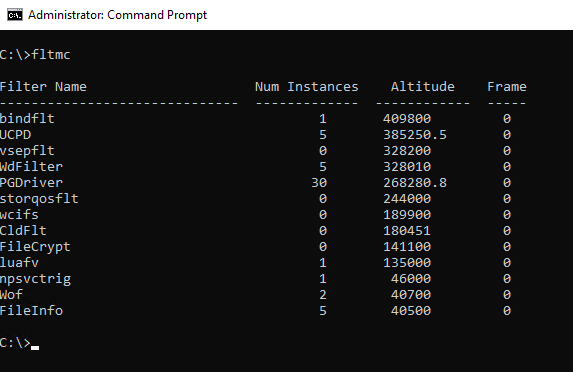Hi All,
I am trying to get more details on how EPM handles the privileges ( there are few helpful KB articles. Thanks BT team).
Q.1 How the agent assigns elevated token? Is there a local admin user created by EPM or the defendpoint service assigns the elevated tokens to processes when requested.
Q.2 How the OS log ( and SIEM log monitoring will be affected) . In Widows Event Viewer I see two additional events per elevated action e.g. if I run an installer that needs elevated right I see
1. ID 4688 The standard user account as subject who ran installer with elevated token.
I also see two additional EPM events -
2. ID 4688 - Create process “PGMessageHostExt.exe” by creator “ DefendpointService.exe”
3. ID 4733 Primary token assigned by DefendpointService.exe to the installer service. Token has standard user.
I think event number 1 stays as is (with EPM / without EPM while user is local admin)
Q3. How AV scanning is affected.
As AV typically works at kernel level will it get priority in hooking and if the file is blocked it will never come to EPM








